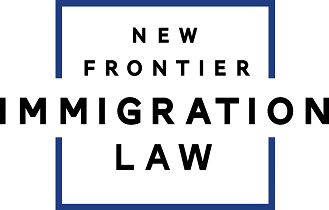
When you get to the U.S. border control, a border control officer may be able to access certain international databases and check your information, like your criminal record, from your home country. This information will help border control determine whether you can be allowed to enter the U.S. If you're...
Read More
When an immigrant comes to the U.S. and applies for citizenship, they must make a formal, legally-binding declaration called the Oath of Allegiance. After the person makes the declaration, they will be formally recognized as a U.S. citizen. You and your family may have to swear the Oath of Allegiance...
Read More
To determine whether you are allowed to enter the U.S., immigration officers may check a lot of information about you. They have access to several databases, including FBI databases. You might be concerned about what U.S. immigration officers can see on their screens at border control. If so, you will...
Read More
Recent changes in the way U.S. Citizenship and Immigration Services (USCIS) processes U nonimmigrant visas make it difficult to know how long it may take. Even so, there is likely to be a significant wait to learn whether your immigration case is approved or denied. The application for a U...
Read More
You or a family member may have gotten an order for deportation from the U.S., a denial for a visitor program, or another immigration-related order or denial. If so, you may be able to get the order or denial retracted by filing a formal appeal or motion with Immigration Form...
Read More
When you receive form I-797 Notice of Action from U.S. Citizenship and Immigration Services (USCIS), you may need to take some action. However, Form I-797 may simply inform you of a development in your case. How you should respond to Form I-797 depends on the specific designation of your...
Read More